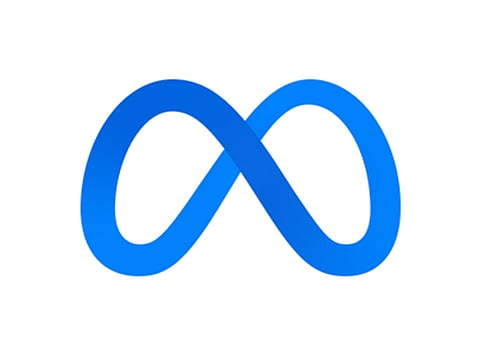

Meta has announced significant changes to its content moderation policies, including the termination of fact-checking partnerships and the removal of restrictions on discussions about immigration, gender identity, and gender—topics the company says are central to political debate.
Joel Kaplan, Meta's new chief global affairs officer, defended the changes, stating, "It’s not right that things can be said on TV or in Congress but not on our platforms." CEO Mark Zuckerberg echoed this sentiment in a video, calling the current rules "out of touch with mainstream discourse."
Alongside the announcement, Meta updated its Community Guidelines, which define prohibited content across its platforms, including Instagram, Threads, and Facebook. Notable changes were made to the “Hateful Conduct” policy, particularly concerning discussions on immigration and gender.
In a significant policy shift, Meta now permits “allegations of mental illness or abnormality based on gender or sexual orientation,” citing the prevalence of political and religious discourse on transgender and LGBTQ+ topics and the common use of terms like “weird.”
This change effectively allows users to label transgender or gay individuals as mentally ill due to their gender expression or sexual orientation. Meta did not provide clarification despite requests to several media requests.
Meta's Spokesperson Corey Chambliss confirmed to news website WIRED that these relaxed restrictions will apply globally. When asked about policies in countries with strict hate speech laws, Chambliss referred to Meta's existing approach to aligning with local regulations.
Notably, Meta has removed a section of its policies that explicitly prohibited dehumanising references to transgender or non-binary individuals as “it” or referring to women as “household objects, property, or objects in general,” reported various news outlets.
Additionally, the opening statement explaining what the policies are “designed to allow room for” has been revised, with notable changes highlighted in bold:
People sometimes use sex- or gender-exclusive language when discussing access to spaces often limited by sex or gender, such as access to bathrooms, specific schools, specific military, law enforcement, or teaching roles, and health or support groups. Other times, they call for exclusion or use insulting language in the context of discussing political or religious topics, such as when discussing transgender rights, immigration, or homosexuality. Finally, sometimes people curse at a gender in the context of a romantic break-up. Our policies are designed to allow room for these types of speech.
Meta has also removed a section of its policies that explicitly banned targeting individuals or groups with claims that they “have or spread the novel coronavirus.”
A reference to a 2017 blog post discussing the “hard questions” Meta faces regarding hate speech has been eliminated, and mentions of “hate speech” in the guidelines have been replaced with “hateful conduct” in some instances.
While the policy still prohibits content denying access to spaces or social services based on protected characteristics ( race, ethnicity, national origin, disability, religious affiliation, caste, sexual orientation, sex, gender identity, and serious disease), a new exception has been added:
...except for sex or gender-based exclusion from spaces commonly limited by sex or gender, such as restrooms, sports and sports leagues, health and support groups, and specific schools.
GLAAD, a leading LGBTQ+ media advocacy group, has condemned Meta’s policy changes.
“Without these necessary hate speech and other policies, Meta is giving the green light for people to target LGBTQ people, women, immigrants, and other marginalized groups with violence, vitriol, and dehumanizing narratives,” said Sarah Kate Ellis, GLAAD President and CEO. “With these changes, Meta is continuing to normalize anti-LGBTQ hatred for profit—at the expense of its users and true freedom of expression. Fact-checking and hate speech policies protect free speech.”
The updates also retain several long-standing restrictions that Meta has enforced for years. The current policy still prohibits Holocaust denial, blackface, and insinuations about Jewish people controlling the media. It introduces a specific ban on comparing Black people to “farm equipment,” references to Dalits as menial labourers and more.
Meta has kept its list of protected characteristics, which includes race, ethnicity, national origin, disability, religious affiliation, caste, sexual orientation, sex, gender identity, and serious disease. The policy also continues to protect migrants, immigrants, and asylum-seekers from what it deems “Tier 1” or “most severe” attacks, such as content targeting individuals or groups based on their protected characteristics or immigration status.
Tech CEOs and business leaders are expanding their efforts to court President-elect Donald Trump. Meta, along with other tech giants like Amazon, Apple CEO Tim Cook, and OpenAI CEO Sam Altman, each donated USD 1 million to Trump’s second inaugural fund in recent weeks. Additionally, Meta announced on Tuesday that UFC president Dana White, a long-time Trump supporter, would join its board.